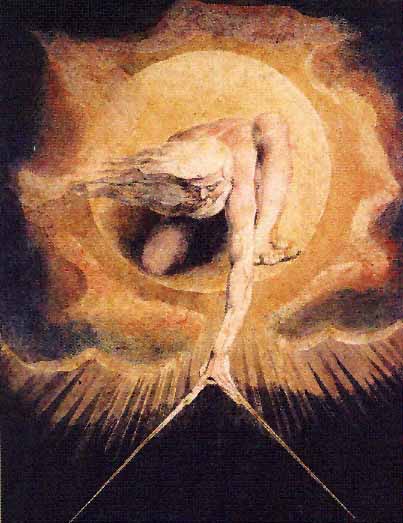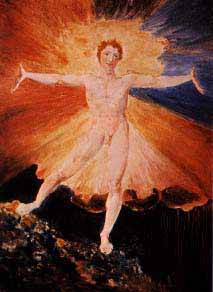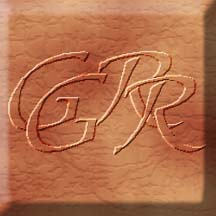
|
A special note for students:Since we began The William Blake Page in 1994, we have received hundreds of emails from students asking (sometimes demanding in very rude language) that we provide literary criticism on our site or else personally write back with an analysis of one or more poems or themes in Blake's work so that they can use it to fulfill one of their classroom assignments. At one point we became so tired of the insults and demands that we considered closing the site. We are not, after all, a university or funded project, but rather two people who were using our own time, resources and money to provide this free service for others. Obviously, we decided to continue with this work because the OTHER emails from hundreds of people around the world convinced us it is worthwhile for us to share our own collection and studies with others who might otherwise have difficulty seeing Blake’s art and poetry as they were meant to be seen. But we also want to share the following little lecture: The William Blake Page is NOT intended to replace the library. The Internet is a great place to research where to buy your next car or what they are wearing this year in Paris. But it not the best place to find literary criticism. For one thing anyone can post anything here, without benefit of editors or any other kind of check or balance to maintain reasonable accuracy. That said, if you need to find Blake criticism and don't have access to a good library, you can find some useful links on our links page. You may also wish to read an interesting "Introduction to William Blake" by Alfred Kazin at The Multimedia Library. If you do have time to dig through the English literature section of a good library, here are some authors you can look for to get yourself started: Peter Ackroyd, Harold Bloom, David Erdman, S. Foster Damon, Northrop Frye, and Geoffrey Keynes. |












